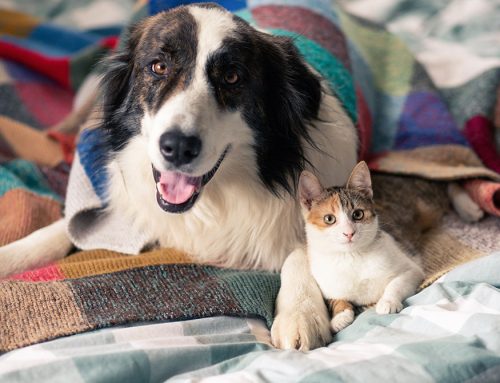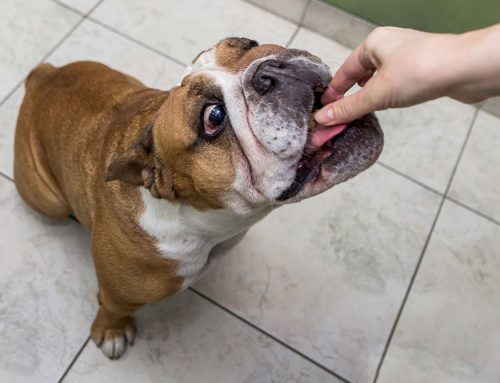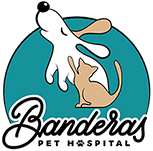Hi Banderas pet family,
Today I want to talk about something a little less obvious than the usual “don’t give your dog chocolate” advice — the sugar substitute xylitol. It’s everywhere these days: in gum, breath mints, protein bars, some peanut butters, and even “sugar-free” baked goods. It may sound harmless — even healthy — but for our dogs (and occasionally cats), xylitol can be seriously dangerous.
Why I’m bringing this up
At Banderas, our goal is always prevention — helping you spot risks before they turn into emergencies. Just like that recent rabies-positive bat at RSM Lake reminded us that hazards can appear close to home, xylitol is another hidden threat we see far too often. It’s sweet, it’s sneaky, and it’s sitting right there in your kitchen or purse.
What exactly is xylitol and what does it do?
Xylitol is a sugar alcohol used as a low-calorie sweetener in human foods. While it’s safe for people, dogs process it very differently. Even a small amount can cause a sudden release of insulin, leading to dangerously low blood sugar (hypoglycemia) within minutes to hours.
But that’s not the only concern — xylitol can also cause severe liver damage, and sometimes those effects happen silently. Some dogs may not show obvious symptoms right away, or they might seem a little “off” before becoming seriously ill.
Signs to watch for
Some pets show clear symptoms, but others don’t — which makes xylitol especially tricky.
Common warning signs include:
- Weakness or stumbling
- Vomiting
- Tremors or seizures
- Collapse
- Lethargy or unusual quietness
What to watch out for
Check the ingredient labels on:
- Sugar-free gum, mints, and candies
- “Keto” or low-sugar baked goods and protein bars
- Peanut butters and nut butters (some brands use xylitol!)
- Toothpaste and mouthwash
- Chewable vitamins or supplements
What I recommend at Banderas Pet Hospital
- Prevention is everything. Keep all sugar-free products far from where pets can reach — purses, gym bags, and backpacks are common culprits.
- Read your labels. Xylitol may also appear as birch sugar or wood sugar.
- If ingestion happens, act fast. Don’t wait for symptoms — call us immediately and bring the packaging if possible. Quick treatment can save a life.
- Consider boarding during busy times. During holidays or when house guests visit (and candies or sugar-free treats are everywhere), boarding your pet can help avoid accidental exposure.
A final note
Xylitol is one of those “silent” dangers — easy to overlook, but potentially devastating. Our pets rely on us to stay one step ahead of these hidden hazards. IF ingestion occurs, try to be seen sooner rather than later to get a blood sugar check and to vomit anything in the stomach BEFORE symptoms occur.
If you ever have questions about whether a food, supplement, or treat is safe for your pet, give us a call. We’re always happy to help you double-check.
Stay safe, enjoy the season, and keep the sweet stuff for yourself — not your pets!
— Dr. Jenna Cooper & the Banderas Pet Hospital Team








Leave A Comment